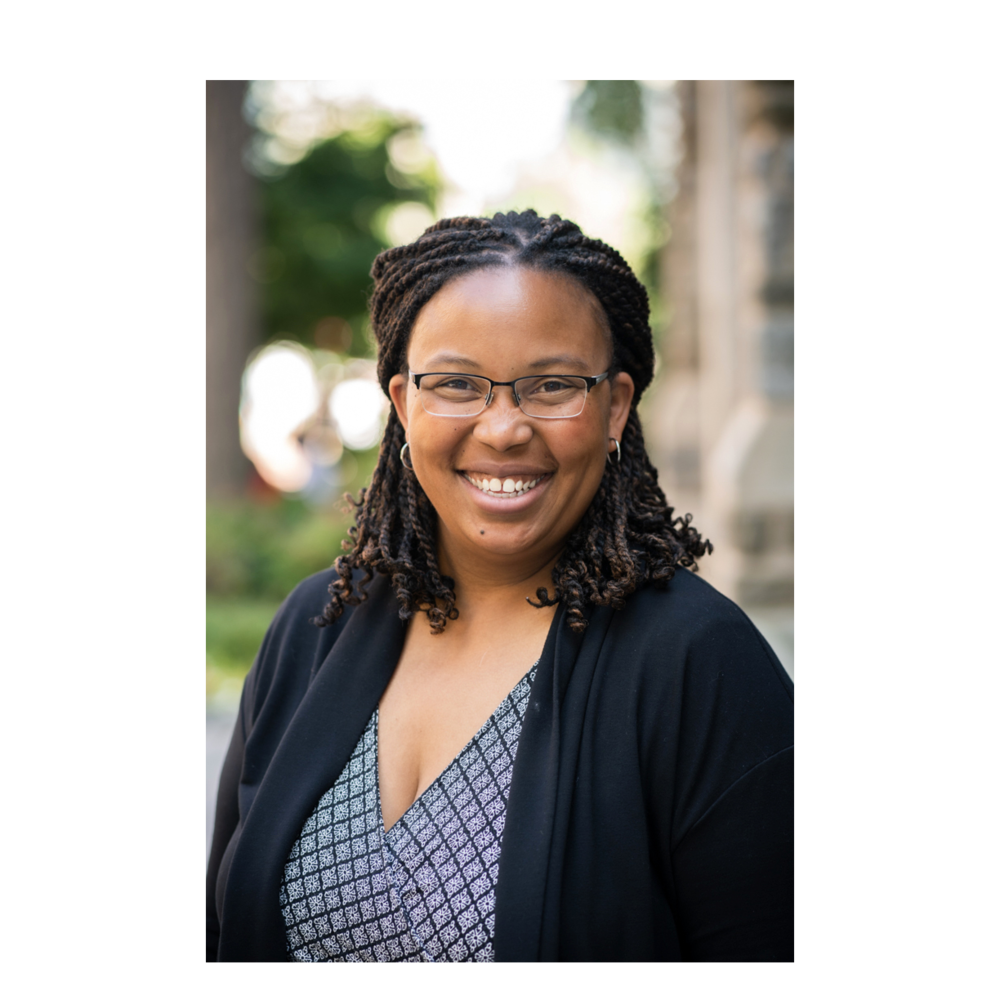
Monica Taylor, associate professor and graduate program director in the Department of Health and Rehabilitation Sciences, has been named to City and State Pennsylvania's 2024 “Above & Beyond” list, which recognizes 50 women “blazing new trails across the Commonwealth.” The list includes leaders in government, academia, business, cultural organizations and nonprofits who are shaping state and local politics and policies.
Taylor’s recognition stems primarily from her impact in creating a health department in Pennsylvania’s Delaware County, after being sworn into County Council in January of 2020. Delaware County, with a population of about 575,000, had been the most populous county in America without its own health department. Her efforts to build one, which began just before the COVID-19 pandemic, took two years.
“The state health department hadn't had anyone create a county health department since 1989. We were all figuring it out together,” she says.
Delaware County has the oldest countywide population in its region and lower overall socioeconomic status than many neighboring counties. “Montgomery County, Bucks County, they were in the top 10 in overall health rankings in the state, and we were around the mid-to-late 30s out of 67 counties,” Taylor recalls. "Our health outcomes were worse with COVID, with the prevalence of chronic diseases, with the infectious disease rate. We were even having issues with a rise in STIs such as syphilis.”
Counties without health departments rely on the state to address public health issues. During the height of the pandemic, Delaware County contracted with the Chester County Health Department for help. But localized health expertise is essential in such a large and diverse area, Taylor says. And it has paid off.
In January 2023, Delaware County health officials identified and contained a case of tuberculosis in a middle school. Last April, the country received a $954,000 federal grant to address racial disparities in maternal and infant health.
“That’s the role of public health, thinking about the health of the population, trying to impact that and prevent disease,” she says.
Taylor came to Temple around the same time she was establishing the county health department. She had been an undergraduate program director at the University of Sciences in West Philadelphia, where she created a clinical exercise physiology program. She also co-founded a program in which college students in areas such as occupational therapy, physical therapy, exercise physiology and pharmacy educated local high school students about the roles of various health professions.
“High school students know about doctors and nurses and pharmacists, but it was eye-opening for them to see how all the allied health professions touch patients, and how that interprofessional collaboration is how we get the best results for our patients,” she explains. “Our students would run workshops with the high school students and work through a case. Say the case was Patient X coming into the hospital complaining of chest pain. How does each profession interact with the patient?"
Now she is shaping Temple’s graduate program in kinesiology, teaching classes, and bringing a health lens to a wide range of issues as chair of Delaware County’s council.
“As a member of Council, I have a collaborative approach to policymaking with a focus on health equity, the social determinants of health, and population health in every aspect of county government. This aligns well with my work as a professor and the mission of the university and college,” she says. "My goal at Temple is to work with my colleagues in kinesiology and throughout the college to continue, training the culturally competent, highly skilled next generation of allied health professionals.”
